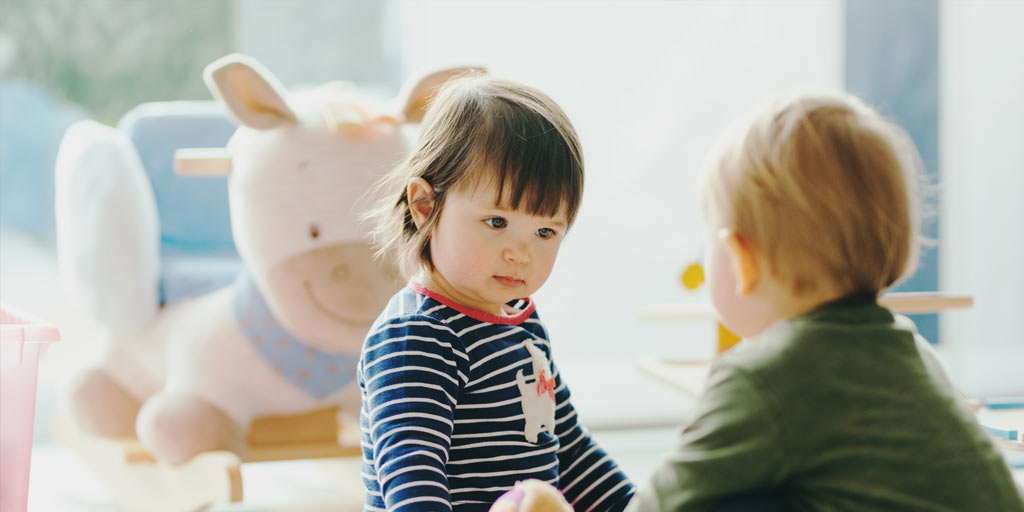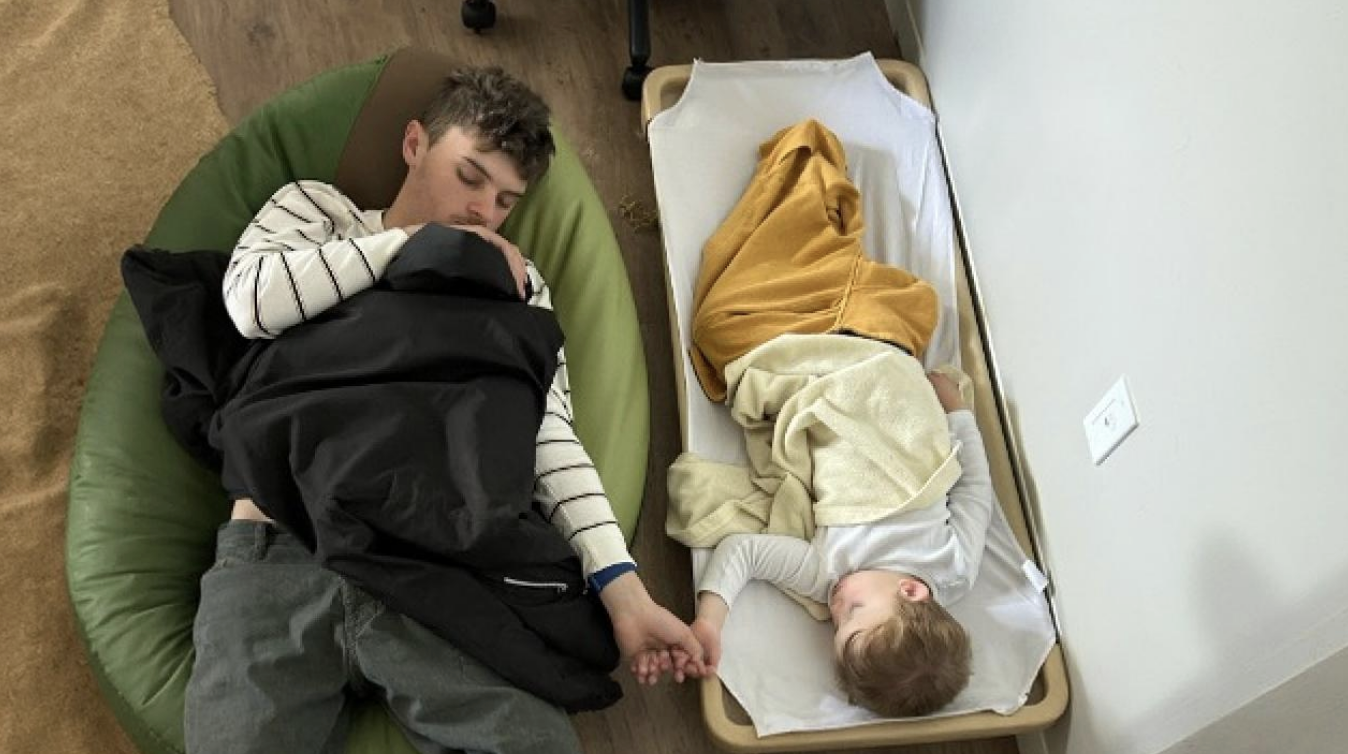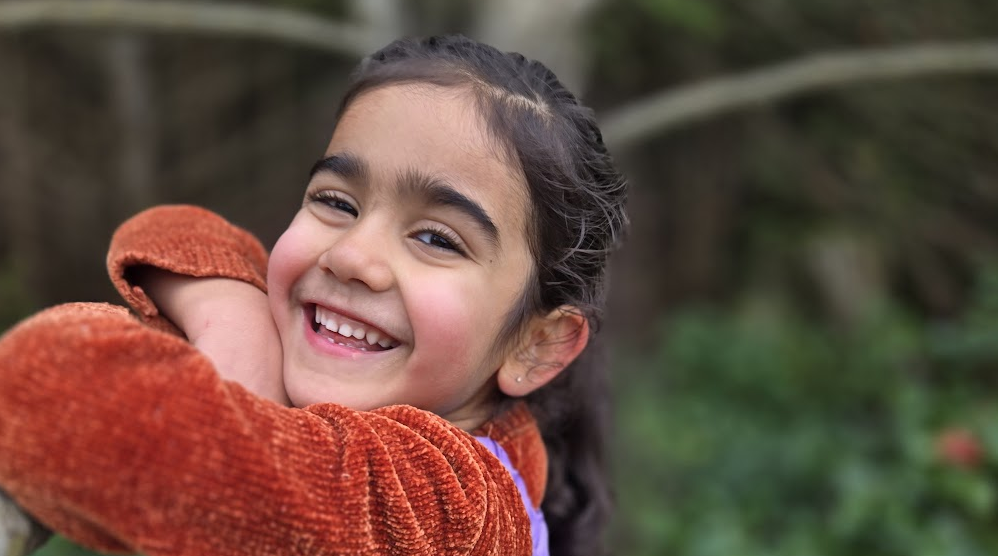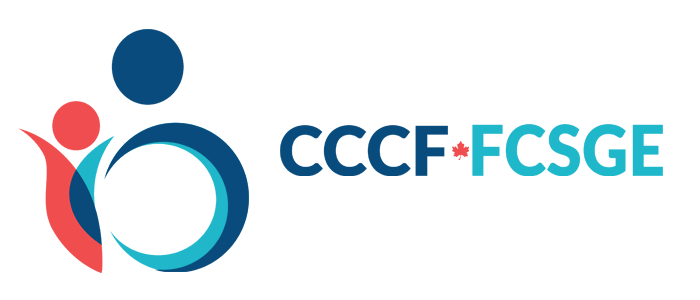Families and early childhood practitioners have complementary areas of expertise that make them ideal partners in helping children develop social competence. Families bring their hopes and dreams for their children, along with the deep understandings that they have acquired through their years of childrearing. Practitioners bring their professional skills and experience as well as their observations of the children’s interactions in a group setting.
It is fun for practitioners and families to share children’s social successes. However, finding ways to work together to address challenging behaviours can be more difficult. Practitioners may hesitate to initiate a discussion they believe will be distressing to parents. Parents’ investment in their children may cause them to feel frustrated, inadequate or helpless when their child is having problems; they may respond by withdrawing or becoming defensive. There might be language and/or culture barriers that require extra effort and understanding. While there is much that parents can contribute to discussions of challenging behaviour, it is practitioners who have the professional responsibility to initiate and facilitate a collaborative strategy to address the behaviour.
” Families and early childhood practitioners have complementary areas of expertise that make them ideal partners in helping children develop social competence.”
Preparing for Collaboration
To support collaboration, practitioners should:
- Build a relationship of mutual trust, respect and openness from the very beginning. Convey warmth and caring, establish regular communication and encourage information sharing.
- Honour the knowledge, experience, goals and feelings of the parents. Actively appreciate diversity as an opportunity for learning about different ways to live in the world.
Discussing Challenging Behaviour
Communication skills such as active listening and problem-solving that practitioners use in their work with children are also important in discussions with parents.
- Arrange a time and place for discussion that is private and where neither party feels hurried
- Bring specific observations of the challenging behaviour.
- Be sure to mention things they appreciate about the child.
- Describe the behaviour and why they are concerned about it.
- Ask parents about their experience with, and understanding of, the behaviour.
- Listen carefully and with empathy in order to fully understand families’ expectations and viewpoints.
- Engage parents in brainstorming possible causes and solutions.
- Find a mutually acceptable approach that draws upon the strengths of all perspectives.
- Develop a plan of action that shows how practitioners and the family will address the behaviour.
- Plan for another meeting to discuss progress.

Messages from Families to Practitioners
- We appreciate your concern for our child.
- We value your insights and knowledge.
- We are willing to share relevant information about our child’s life in order to better understand his/her behaviour.
- We hope that, by working together, we can find ways to address the challenging behaviour.
- We are willing to follow through at home
Useful Phrases for Practitioners and Families
- “We’ve noticed that… Have you ever noticed that at home/at the centre?”
- “How do you handle that when it happens?”
- “We’ve noticed that… seems to help.”
- “These are some of the things we’re doing to help (your child) learn to (make friends, talk about feelings etc.).”
- “How can we work together to help him/her with this?”
- “Here are some things that are happening at home/at the child care that might be influencing (the child’s) behaviour…”
Messages from Practitioners to Families
- We know, appreciate and care about your child.
- Behaviour challenges are an opportunity to teach social skills.
- We respect the knowledge and insights that you bring.
- We know some strategies for dealing with the situation.
- Working together, we will succeed in helping your child develop positive social skills.












